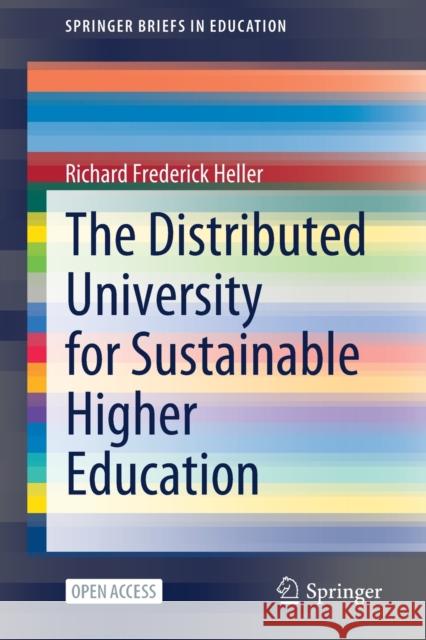The Distributed University for Sustainable Higher Education » książka
topmenu
The Distributed University for Sustainable Higher Education
ISBN-13: 9789811665059 / Angielski / Miękka / 2021 / 94 str.
Kategorie:
Kategorie BISAC:
Wydawca:
Springer
Język:
Angielski
ISBN-13:
9789811665059
Rok wydania:
2021
Ilość stron:
94
Waga:
0.14 kg
Wymiary:
23.39 x 15.6 x 0.48
Oprawa:
Miękka
Wolumenów:
01
Dodatkowe informacje:
Wydanie ilustrowane











